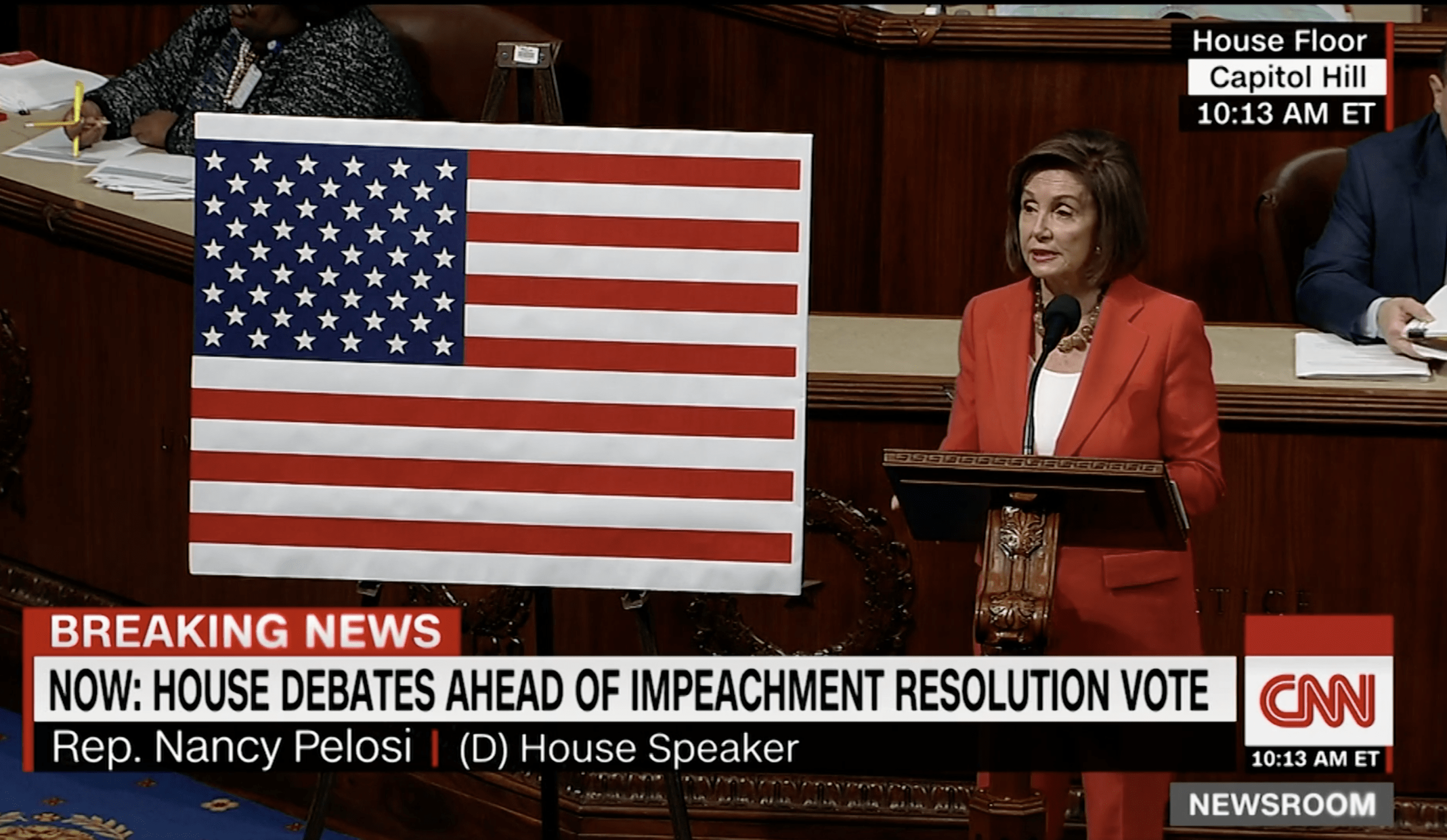You could be forgiven, over the past few weeks, for momentarily overlooking the impeachment process, especially after the president’s stunning announcement that he was ordering U.S. troops out of Syria.
The news came after another of Trump’s fateful calls with foreign leaders, this one with Turkish President Recep Erdogan. Immediate effects included the shameful betrayal of Kurdish forces allied with the United States in the fight against the Islamic State, and a green light for Erdogan’s plan to colonize a 275-mile stretch of Northern Syria and send over one million refugees into this highly unstable area.
As Elizabeth Tsurkov pointed out in Haaretz, Trump has given official approval for “Turkish control over Syrian land and subjugation of the inhabitants of the newly captured areas to the rule of undisciplined, Turkish-backed factions implicated in field executions and systematic looting.”
Trump, after remarking that “they have a lot of sand over there they can play with,” characterized the new policy as “a great day for civilization.”
Most presidents facing close elections (or impeachment) seek to distract voters with the expansion of military adventures. It is at least ironic that in the upside-down world of this chaotic presidency, Trump tries to divert public attention by withdrawing from conflict, albeit with similarly destabilizing results.
But impeachment returned to the headlines anyway, owing in part to acting White House chief of staff Mick Mulvaney’s televised admission that aid to the Ukraine had indeed been held back as a quid pro quo to further the president’s political interests.
Given the now apparent inevitability of the impeachment inquiry, the Harvard Gazette recently explored the politics and protocols of impeachment in a series of interviews ably reported by staff writer Christina Pazzanese.
Elizabeth Holtzman, a member of the House Judiciary Committee during the Nixon impeachment years, described impeachment as “an extremely serious and grave action, because it undoes an election, which is the centerpiece of our democracy.” Her advice to Democrats? “You have the majority. Be very careful. Lean over backwards procedurally. Don’t let them argue that you’re being unfair.”
Republicans have already tried to argue the early investigative phase has been prejudicial to Trump. Rep. Jim Jordan (R-Ohio)—a see-no-evil defender of the president whom even the Speaker of his own party, fellow Ohioan John Boehner, once described as a “legislative terrorist”—tried to suggest the process underway in the House Intelligence Committee was “unfair and partisan,” attacked the secrecy of the investigation and questioned the integrity of committee Chairman Adam Schiff (D-Calif.).
Schiff responded that transcripts of all interviews will be made available and committee hearings will be open to the public once the initial investigation has concluded. He defended the confidentiality of this stage of the investigation, likening it to a grand jury and stressing the importance of not giving “the president or his legal minions the opportunity to tailor their testimony and in some cases fabricate testimony to suit their interests.”
Holtzman’s point about procedure was underscored in the Gazette piece by James M. Reum, a Republican ally of President Nixon who served as counsel to the impeachment inquiry. “It was a major constitutional undertaking that really needed to have key elements of nonpartisanship and fairness. And honestly, even though it sounds like it’s too idealistic, especially in present times, that really did permeate the whole process.”
Barney Frank, the former Democratic congressman from Massachusetts who was involved in the Clinton impeachment, also weighed in. “For those members of Congress who are on the fence, they’re going to be moved by [questions regarding] how much Trump really misused the instruments of government for his personal, political gain in a way that’s really unusual and [sets] a terrible precedent and opens us up to exploitation in terms of other countries and meddling in our elections and so forth.”
William Kristol, a leading conservative intellectual and critic of the president, added, “I think they need to focus on the facts. Trump wants to make it into some kind of ‘he said, she said,’ so to speak, just a big mudslinging match. That would be a mistake for the Democrats to get into, and I think Pelosi understands this.”
Holtzman, again drawing on her experience with the Nixon process, shared Kristol’s analysis. “The fairness of the process kept the focus on the facts. Everybody felt that the process was fair. That allowed Republicans to look at and to accept the facts. Not only the Republicans, but we had three Southern Democrats from very pro-Nixon districts on the committee, maybe even more pro-Nixon than some of the Republican districts, so there was a lot of persuading to do.”
Holtzman concluded with these thoughts on the conduct of the Nixon impeachment process: “The demeanor was appropriate to the solemnity and gravity of the circumstance, and I think members of Congress should bear that in mind. The framers made it hard for that reason. They didn’t want it to be done lightly or frivolously, and so the demeanor with which it’s carried out is also important.”
The Spectator is grateful to Christina Pazzanese for her reporting on previous impeachments and to the Harvard Gazette for permission to publish her findings. Her article, “Clinton, Nixon and Lessons for Preparing for Impeachment,” can be found at news.harvard.edu.







0 Comments